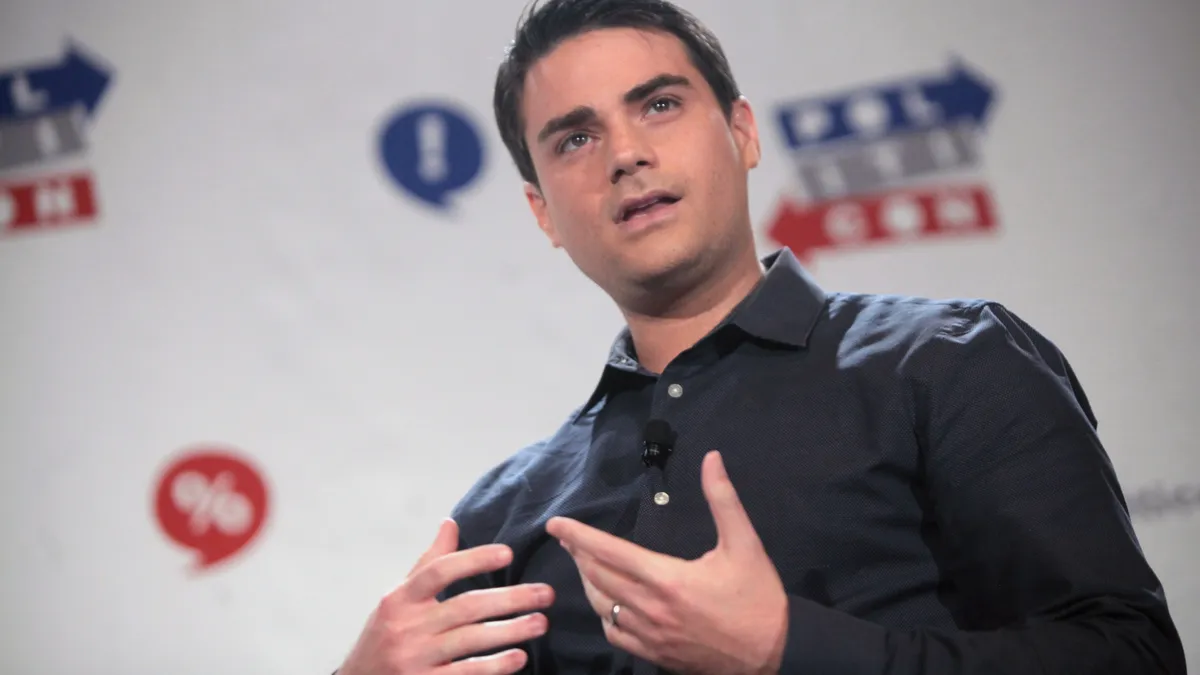Dive Brief:
- Conservative commentator Ben Shapiro will speak on Grand Canyon University's campus in April after a weeklong back-and-forth with the university over whether he would be allowed, the Arizona Republic reported.
- Grand Canyon initially rejected Shapiro's appearance after the conservative student group Young America's Foundation (YAF) announced he would be coming. Though the Christian university said in its announcement that it agreed with many of Shapiro's views, it decided to cancel the event to foster unity among the campus community.
- In response to blowback from students and conservative commentators, Grand Canyon reversed its decision and invited Shapiro to speak. However, he rejected the offer until it included YAF's involvement.
Dive Insight:
Shapiro and controversial figures like him raise the question of how a university should balance the protection of free speech while also ensuring the safety of students at events where speakers may spark campus unrest.
Neither Shapiro nor YAF are strangers to such issues. In 2017, the University of California, Berkeley spent roughly $600,000 on security when Shapiro came to speak at the campus. Although the event was mostly peaceful, police arrested nine protesters, about half of whom were accused of carrying weapons, The Wall Street Journal reported.
In December, UC Berkeley settled a lawsuit with YAF and the campus chapter of the College Republicans for $70,000 after the two groups accused the university of discriminating against conservative speakers.
That lawsuit is just one of several YAF has launched or threatened against universities in recent months. In December, the group sued the University of Florida over a school policy it says will hinder its ability to bring conservative speakers to campus.
Additionally, YAF vowed to sue the University of Pittsburgh over a roughly $5,500 security fee it required its chapter of the College Republicans to pay for an event featuring Shapiro in November. The university agreed to waive the fee in late January.
The stakes can be high for colleges and universities, as they could be on the hook for thousands in legal costs. The University of Washington, for instance, settled a lawsuit for $122,500 last year after its College Republicans chapter accused the college of imposing security fees that violated the group's free speech.
Some legal experts say the courts will end up deciding more cases involving campus security costs for controversial speakers. (It's worth noting Grand Canyon agreed to waive additional security fees for Shapiro's appearance, the Arizona Republic reported.)
Though groups have suggested conservatives are being unfairly targeted for their views on college campuses, Sanford Ungar, the director of the Free Speech Project at Georgetown University, wrote that there have been many less publicized instances where those on the left were "silenced or shut down" as well.
Further, many instances where conservatives have "been interrupted or squelched" involved a select few high-profile speakers, such as Shapiro, he wrote.











